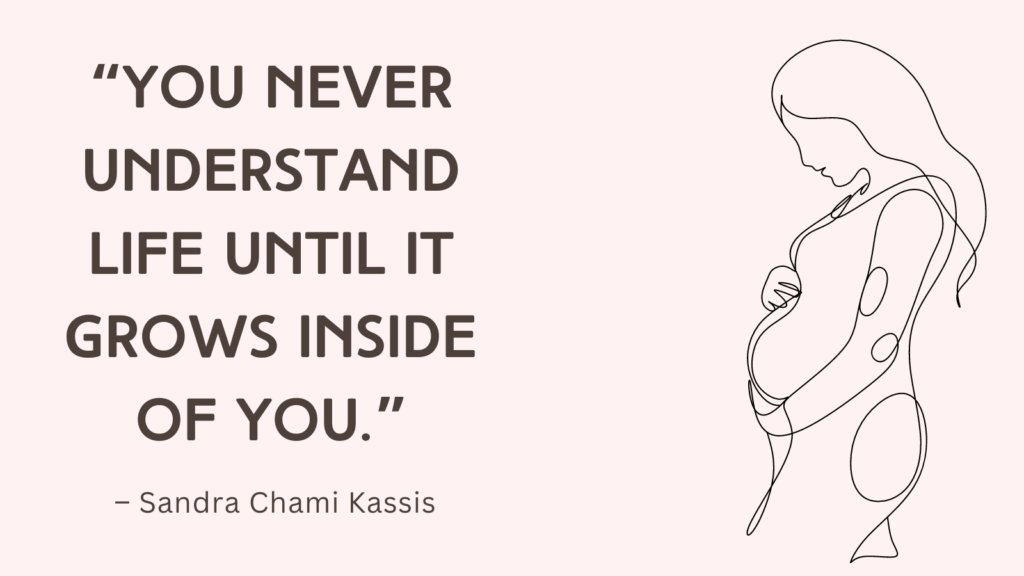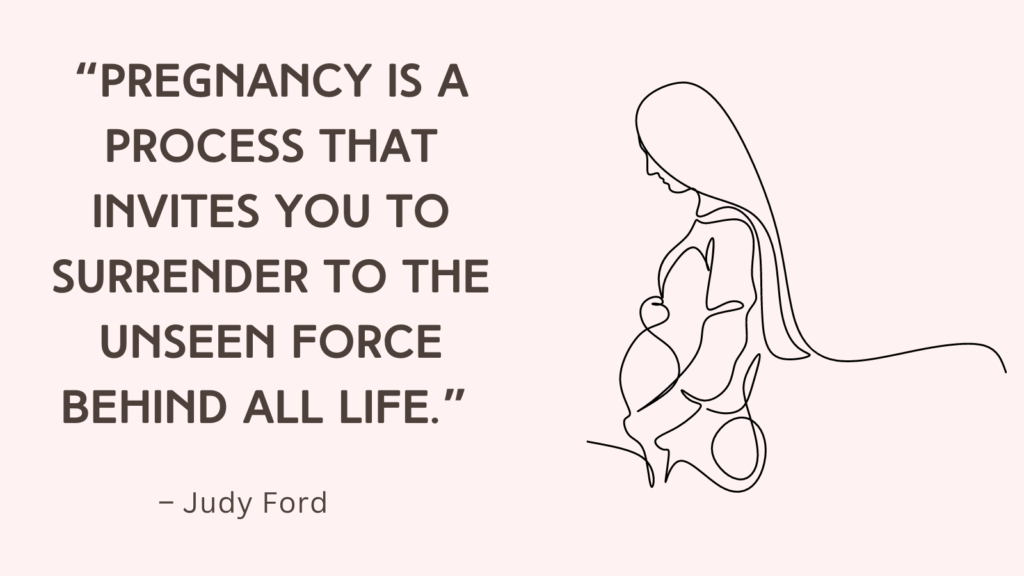First trimester fatigue can feel overwhelming as your body works overtime to support your growing baby.
This tiredness is normal, but it can be tough to adjust to low energy when you have daily responsibilities.
Here’s a guide to understanding why fatigue happens and practical ways to manage it during early pregnancy.
Why Fatigue Hits Hard in the First Trimester
In the first trimester, hormonal changes are in full swing, particularly the increase in progesterone, which has a sedative effect.
At the same time, your body is producing extra blood to carry nutrients to your baby, and the rapid growth of the placenta demands a lot of energy.
Emotional changes and symptoms like nausea can also add to fatigue.
Tips for Coping with First Trimester Fatigue
1. Prioritize Sleep and Rest
Your body needs more rest during pregnancy, so getting enough sleep is essential for recharging and supporting fetal development.
– Aim for 7-9 hours of sleep each night, and try going to bed earlier if possible.
– Take short naps if you’re able—15-20 minutes can refresh you without causing grogginess.
– Invest in a pregnancy pillow to improve comfort and sleep quality.
Related: Morning Sickness What To Eat When Nothing Sounds Good?
2. Eat Energy-Boosting Foods
Nutrient-dense foods help maintain blood sugar levels and provide sustained energy.
– Include complex carbs, protein, and healthy fats in each meal to balance blood sugar.
– Choose energy-boosting snacks like Greek yogurt with fruit, nuts, or a hard-boiled egg.
– Avoid sugary foods and caffeine, as these can lead to energy crashes.
3. Stay Hydrated
Dehydration can make you feel more tired and cause headaches. Hydrating keeps your energy stable and helps with digestion.
– Drink 8-10 glasses of water daily, and consider adding lemon for flavor.
– Keep a water bottle with you to remind yourself to drink throughout the day.
– Include water-rich foods, such as cucumber, watermelon, and oranges, in your diet.
Related: Top 12 Tips On How To Deal With Morning Sickness At Work
4. Take Prenatal Vitamins Consistently
Prenatal vitamins contain essential nutrients like iron and B vitamins that support energy levels and prevent anemia, which can cause fatigue.
– Take your prenatal vitamin with a meal to enhance absorption and reduce nausea.
– If one brand causes digestive issues or nausea, talk to your healthcare provider about trying a different one.
– Ensure your prenatal contains adequate iron and B vitamins, which are essential for energy production.
Related: Best +25 Pregnancy Journal Prompts
5. Try Light Exercise
Gentle exercise can boost circulation, elevate mood, and combat fatigue without overtaxing your body.
– Aim for 15-20 minutes of light activity, like walking, stretching, or prenatal yoga, most days.
– Avoid over-exertion; listen to your body and stop if you feel dizzy or lightheaded.
– Exercise in the morning to start your day with a boost, but avoid vigorous activities close to bedtime.
6. Listen to Your Body and Set Boundaries
Fatigue is your body’s way of signaling that it needs rest, so tuning in can help prevent burnout and improve overall well-being.
– Take breaks when you need them, even if it’s just five minutes to close your eyes or do deep breathing.
– If possible, reduce or adjust responsibilities at work and home.
– Communicate with loved ones about needing extra support during this time.
Related: Best Pregnancy Resources (Information, Apps, Books, Podcasts)
7. Manage Stress with Relaxation Techniques
Stress can drain your energy, and managing it can improve sleep and help you feel more refreshed.
– Practice deep breathing exercises, which can calm your mind and boost oxygen flow.
– Try guided meditations or listen to calming music before bed.
– Spend time in nature, journal, or engage in creative outlets that relax you.
Related: Best 70 Pregnancy Hacks (+Products Recommendation)
8. Snack Frequently and Avoid Long Gaps Between Meals
Keeping your blood sugar steady can help maintain your energy and reduce nausea.
– Eat every 2-3 hours, even if it’s a small snack like fruit or whole-grain crackers with cheese.
– Keep healthy snacks nearby to prevent sudden dips in energy.
– Opt for snacks with protein and complex carbs for sustained energy, like a banana with almond butter.
9. Avoid Overstimulation Before Bed
Limiting screen time and avoiding caffeine can help improve sleep quality, making it easier to feel rested.
– Set a cutoff for screen time at least an hour before bed to avoid disrupting melatonin production.
– Create a calming bedtime routine, such as reading or doing gentle stretches.
– Limit or avoid caffeine, especially in the afternoon and evening, as it can make falling asleep harder.
Related: Best 7 Pregnancy Self Care Products
10. Accept That It’s OK to Slow Down
Being gentle with yourself and embracing a slower pace can reduce stress and help you focus on self-care.
– Adjust your expectations; remember that fatigue is temporary and part of the natural process.
– Celebrate small victories, like managing to prepare a nutritious meal or taking a relaxing walk.
– Give yourself grace—this is a special time that calls for patience and compassion.
When to Talk to Your Healthcare Provider
Fatigue in the first trimester is normal, but if you experience extreme tiredness or other concerning symptoms like dizziness, chest pain, or difficulty breathing, it’s best to consult your healthcare provider.
They can check for underlying issues like anemia or thyroid imbalances that may be contributing to fatigue.
Conclusion
First trimester fatigue can be challenging, but it’s also a sign that your body is doing important work.
By listening to your body and making small lifestyle adjustments, you can manage your energy levels and take care of yourself during this transformative time.




